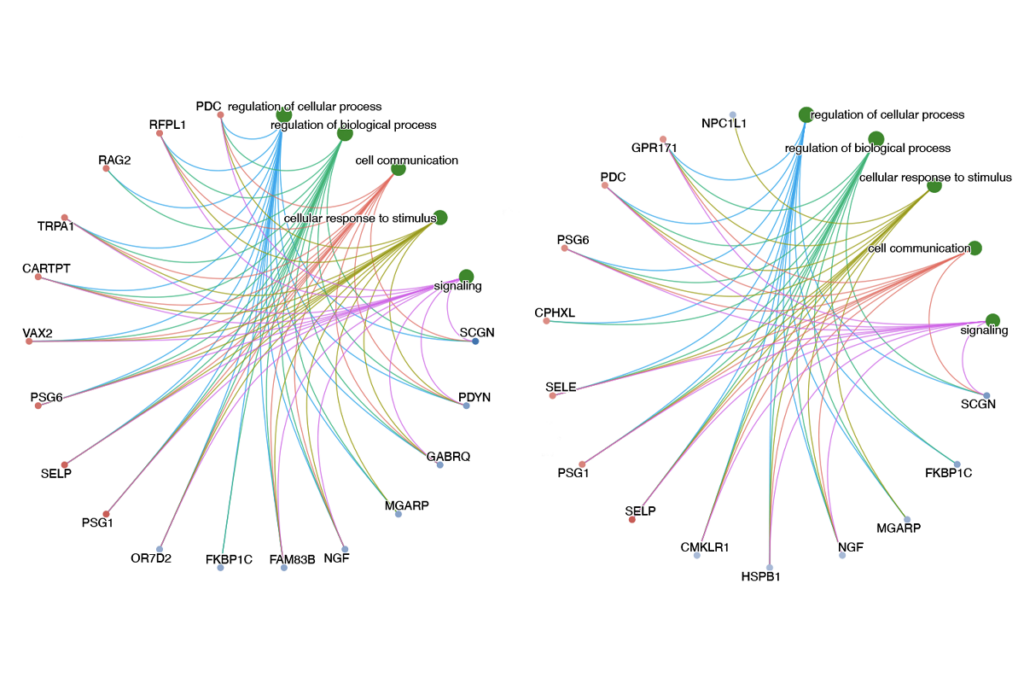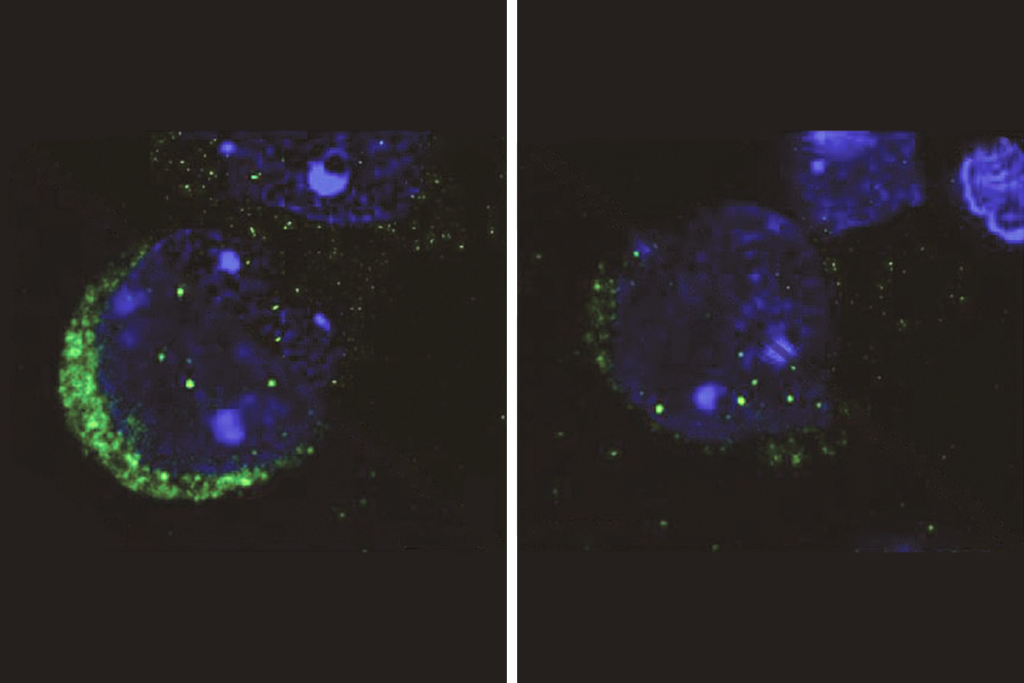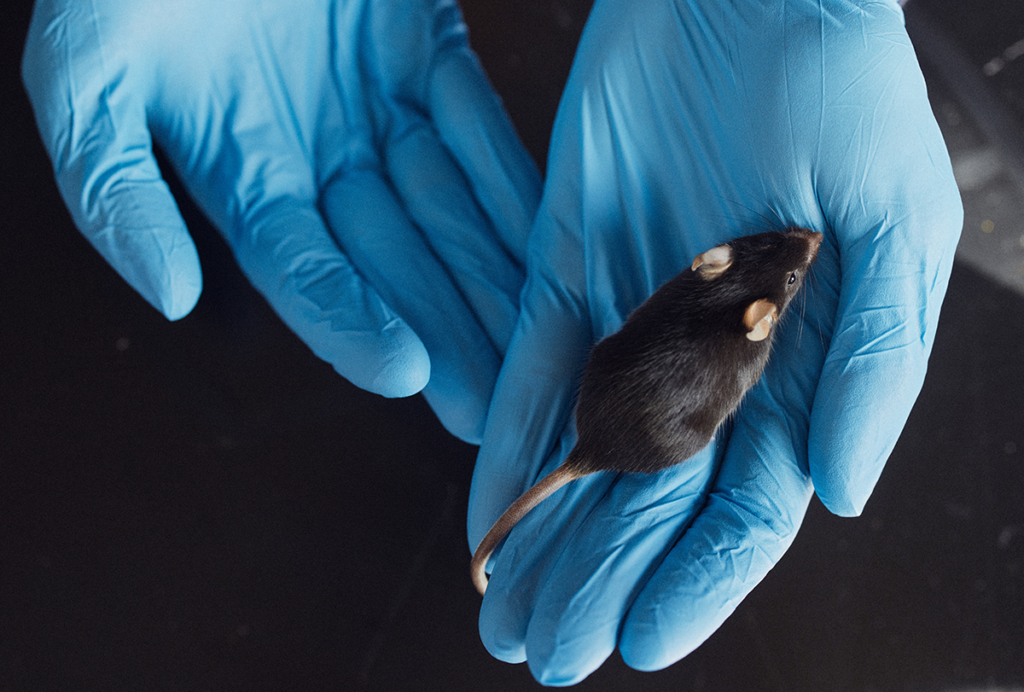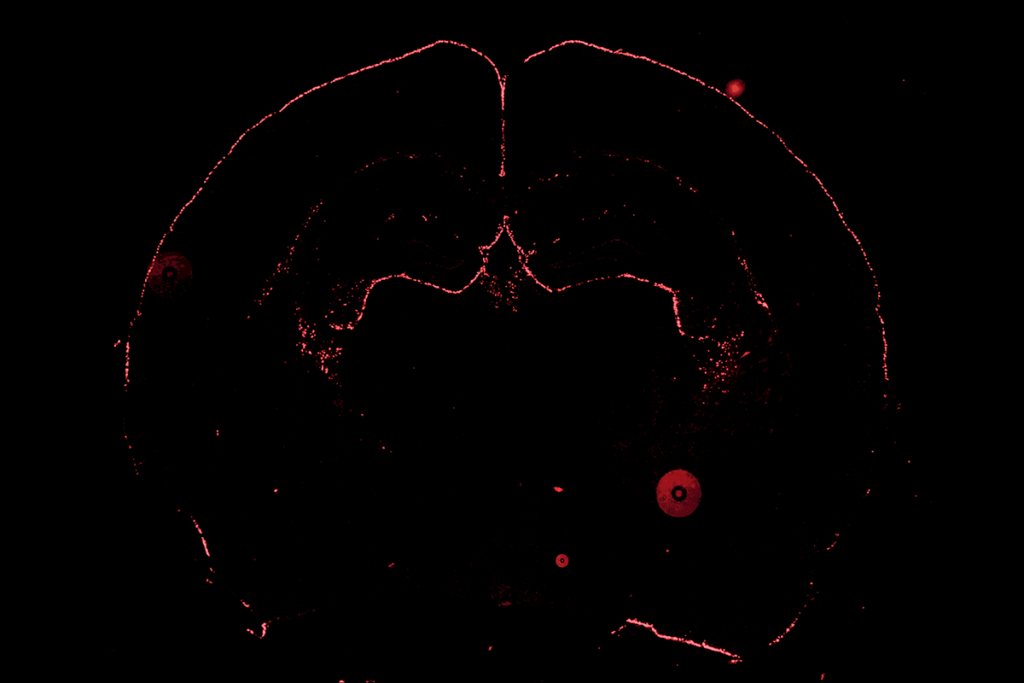
Severe heart conditions may increase odds of autism
Autism is more common among children who have undergone open heart surgery for a congenital heart condition than it is in the general population.
Autism is more commonly diagnosed among children who have undergone open heart surgery than it is in the general population, according to unpublished results presented yesterday at the 2019 International Society for Autism Research annual meeting in Montreal.
Some of this increase stems from the fact that these children were followed closely in the first years of their life, says lead researcher Sonia Monteiro, assistant professor of pediatrics at Baylor College of Medicine, in Houston, Texas.
But the finding could also indicate a link between the heart and brain development, she says. Up to half of children with congenital heart disease have signs of a brain condition, which may result from a lack of blood flow to the brain1.
The study includes 423 children who underwent open heart surgery at the Texas Children’s Hospital between 2013 and 2016. Most of the children had the surgery between 3 and 6 months of age. Clinicians followed up with the children every six months starting at 6 months of age and up to about 3 years.
Of the 423 children in the study, 26 children, or 6 percent, have autism; the estimated autism prevalence in the United Stated is roughly 1.7 percent.
The prevalence of autism in these children did not vary based on their race or the severity of their heart condition. The researchers found 22 boys with autism for every 4 girls; this ratio of 5.5 to 1. is slightly higher than the 4-to-1 ratio usually reported for autism.
The average age of diagnosis for the children in the study is 2.5 years, whereas the national average is 4. The findings show that careful monitoring may enable clinicians to flag autism early, says Monteiro.
Most of the children with heart disease and autism do not have a known genetic cause for their heart condition. However, children who have congenital heart disease and signs of a neurological condition have more mutations in autism genes than would be expected by chance, suggesting that the overlap has a genetic basis.
For more reports from the 2019 International Society for Autism Research annual meeting, please click here.
References:
- Homsy J. et al. Science 350, 1262-1266 (2015) PubMed
Corrections
This article has been modified from the original. A previous version suggested that congenital heart disease leads to a lack of blood flow to the brain only after birth.
Recommended reading

New tool may help untangle downstream effects of autism-linked genes

NIH neurodevelopmental assessment system now available as iPad app

Molecular changes after MECP2 loss may drive Rett syndrome traits
Explore more from The Transmitter
Who funds your basic neuroscience research? Help The Transmitter compile a list of funding sources

The future of neuroscience research at U.S. minority-serving institutions is in danger
